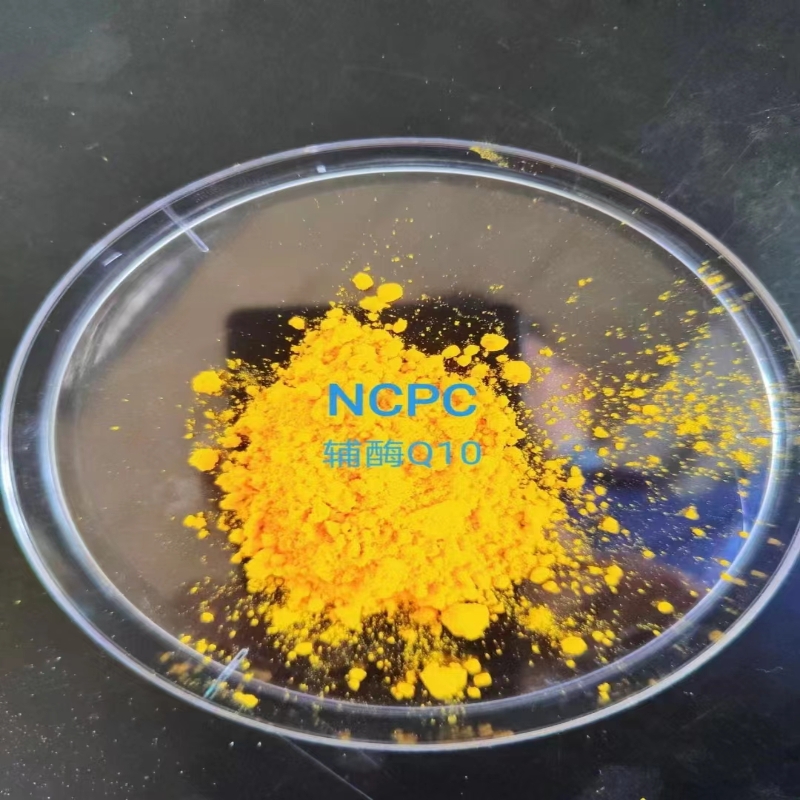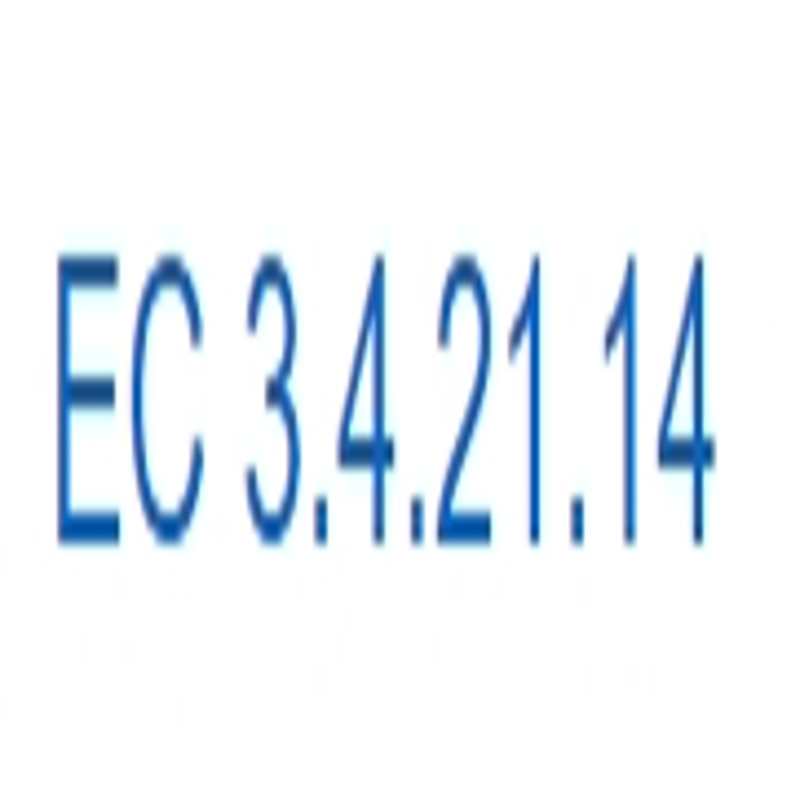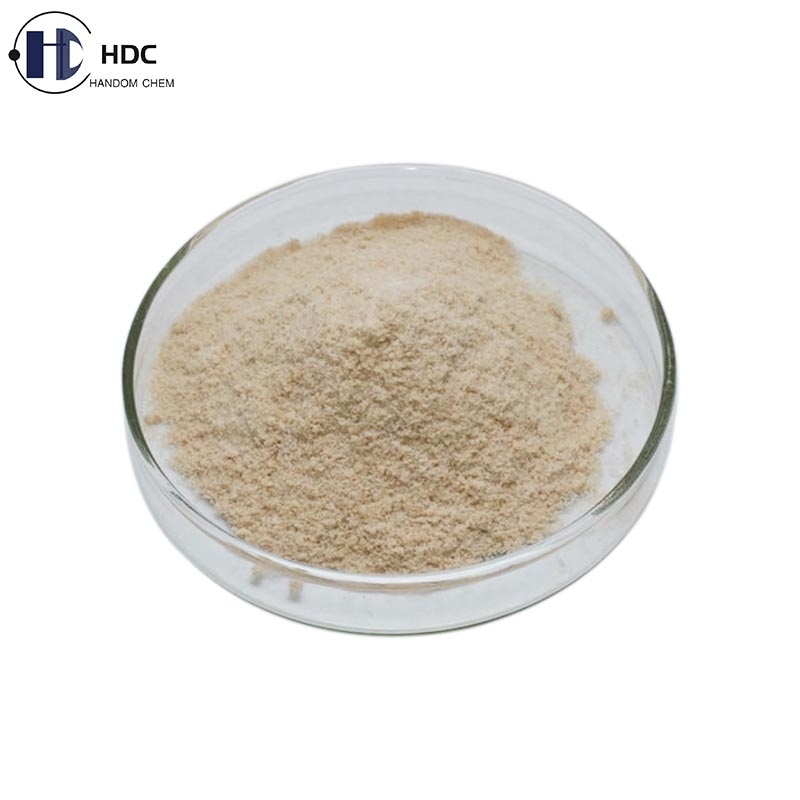Dendreon's death illuminates Juno's path forward, tumor immunotherapy faces multiple challenges
-
Last Update: 2015-03-03
-
Source: Internet
-
Author: User
Search more information of high quality chemicals, good prices and reliable suppliers, visit
www.echemi.com
March 3, 2015 / BIOON / - dendreon tumor immunotherapy has become the focus of biomedical industry Many people in the pharmaceutical industry and even in the financial circle firmly believe that this field will give birth to a large number of biomedical industry giants and create tens of billions of dollars of value However, don't rush to dedicate your knee to tumor immunotherapy Xiaobian will ask you to do an intellectual Q & a first In one company, the peak annual sales of its first drug product is between $2 billion and $3 billion The company's tumor immunotherapy product later clinical research data is praised as very effective Because of its excellent clinical research results, countless gold owners are crying to send money to it On the day of IPO, the share price of the company rose by as much as 27% Which biomedical company is this? Maybe Juno, kit or Novartis will be your standard answer Duang~! Unfortunately, the right answer to this question is dendreon, a pioneering cancer immunotherapy company on the verge of bankruptcy In November 2014, dendreon company declared bankruptcy due to debts of up to $660 million, and was finally acquired by Valeant company for less than $500 million At this time, it is less than four years since the company's first tumor immunotherapy was approved by FDA The company's share price also fell to 13 cents from its peak of $57.67 The T-cell therapy sipuleucel-t developed by dendreon company is to expand the separated T-cells of patients in vitro and finally transport them back to patients to achieve the purpose of tumor treatment To some extent, this therapy can even be called the originator of today's car-t therapy However, it's such a company Why did sipuleucel-t go on the road of hero's tardiness just four years after it went public? Relevant analysts pointed out that there are three main problems First of all, after sipuleucel-t went on the market, it generally reflected that the curative effect was general This kind of therapy only extended the average survival time of patients for about four months Secondly, the sky price of 93000 US dollars / course of treatment was not directly proportional to its therapy This therapy required doctors to receive a lot of new technology training, which increased the medical cost of both doctors and patients These three reasons finally played the elegy of dendreon Will Juno do the same? However, the fall of dendreon does not mean that the whole tumor immunotherapy will encounter Waterloo On the contrary, the failure of dendreon provided a good example for later tumor immunity companies such as Juno At present, most analysts still firmly believe that Juno company will become the leader of tumor immunity company, because 1) car-t therapy is not a simple repetition of traditional tumor therapy At present, the therapeutic effect of this therapy is extremely significant; 2) Juno company is located in Seattle, which is an important town of biomedical industry in the United States With its strong scientific research background, Juno company has sufficient strength to solve the problems faced by tumor immunotherapy; 3) Juno company reserves a large number of talents, covering various fields such as law, economy and technology, which can help Juno company to meet challenges from all aspects However, this is not to say that Juno will have a smooth journey Juno will face many challenges if it wants to completely establish its position in the field of tumor therapy: 1) properly handle the intellectual property issues As we all know, Juno is not the only company after car-t therapy is put forward Novartis is able to compete with Juno through its in-depth cooperation with the University of Pennsylvania However, this also led to the two giants in car-t treatment of intellectual property rights is not clear Once these problems are handled improperly, it is likely to lead to a long patent litigation war, which will lead to both losses 2) Technical feasibility As we all know, the main reason for dendreon's failure is that its products fail to achieve the desired effect after being put on the market This question also tortures Juno Although current research data show that car-t is expected to lead to a revolution in cancer treatment, due to the number of patients in clinical research, this result may not be applicable to the whole tumor treatment market 3) Drug cost The essence of tumor immunotherapy is personalized treatment, which also shows that this treatment needs to be different from person to person in the treatment process and directly leads to the soaring cost of treatment How Juno company can ensure that once the drug is listed, there is still enough profit space is still to be expected 4) Price pressure In recent years, with the Obama administration's medical reform, the public and even the government have complained about the high price of many drugs Once tumor immunotherapy becomes a reality, there is no doubt that it will once again touch the bottom line of the public heart Facing the market, where will Juno go? 5) The emergence of new technologies The so-called wave behind the Yangtze River pushes the wave ahead The rise of tumor immunotherapy undoubtedly makes chemotherapy, radiotherapy and other therapies feel the pressure of the West However, no one can be sure that the new technological revolution will come properly, and when will tumor immunotherapy become the "wave" of being shot dead on the beach 6) The indication is too narrow There has been a great blindness in the biomedical industry for a long time, which is reflected in the popularity of many biomedical companies after the rise of a new therapy This problem has also been fully reflected in the research and development of PD-1 drugs In addition, many biomedical companies are too narrow in the selection of indications, for example, many companies take melanoma, lung cancer and other tumor types as the main research object in the process of tumor research and development In the long run, Juno company must choose the indications of drugs rationally to maintain sustainable development 7) Conceit makes one lag behind If the above six points are aimed at the "hard power" of biomedical companies, then the last point is to test the "soft power" of Juno company The top management of the company must have enough management ability to lead the company out of difficulties and keep a calm and objective mind when it is smooth It can be said that this is also the top priority for Juno company to grow into a towering tree There is no doubt that Juno has become a synonym in the field of tumor immunotherapy However, it still needs time to test whether Juno company can be recorded in history as a man who conquers tumors This article is the original compilation of Biovalley, welcome to reprint! Please indicate the source of the reprint and attach the original link I've been researching one of our local immunology developers here in Seattle, trying to round up the views of industry experts regulating the future prospects of a drug at the front of it s pipeline Do they think it's a good investment? Here's what I found out: Analysts predict that sales of its first drug will peak at $2 to $3 billion per year The company's "strong data will give [it] the upper hand in any negotiations with potential pharmaceutical partners interested in the drug." Its share price jumped 27 percent on the day of its IPO Its drug has "proved to be highly effective in late-stage clinical trials." A competing immunotherapy drug (that analysts were worried would take significant market share) was abandoned by the companies trying to develop it Sounds pretty darn promising! Where do I send my money? There's only one problem The company I'm referring to is not high-flying Juno Therapeutics (NASDAQ: JUNO) It was Dendreon, which declared bankruptcy in November in the face of a crushing $660 million debt load and weak sales of its prostate cancer drug, sipuleucel-T (Provenge), the subject of the quotes above The stock, which reached a high of $57.67 in 2010, traded down to 13 cents after Dendreon entered Chapter 11 This was only a little over four years after the company received FDA approval for its first and only drug Dendreon's assets were sold off for $495 million a few weeks ago to Valeant Pharmaceuticals (NYSE: VRX) Although some forty organizationslooked through Dendreon's books, the dearth of bids suggests that most pharma companies thought it would be too difficult to bring sipuleucel-T to profitability Dendreon's workforce has shrunk to a small fraction of what it was only a few years ago Shareholders are likely to be completely wiped out in the bankruptcy The problems that Dendreon ran into have been widely recounted, but here's a short summary: Sipuleucel-T was considered by many to be only marginally effective, especially for the $93, 000 the company was charging for it Men treated with the drug lived only about four months longer than men in the control arm of Dendreon's key clinical trial The novel nature of this treatment (made by isolating each patient's white blood cells, incubating them in a lab with immune system stimulatory proteins, and then reinfusing them back into the patient) meant that significant money would need to be spent educating doctors on its use It also meant that manufacturing costs for the drug would be extraordinarily high It's still not clear how much the company was able to do to reduce this expense since sipuleucel-T first came on the market in April 2010 Two competing drugs (enzalutamide, sold as Xtandi; and abiraterone acetate, sold as Zytiga) came on the market two years after sipuleucel-T was approved They were each about as effective as Dendreon's drug and were cheaper and easier to administer (once-a-day pills instead of doctor office infusions) Sipuleucel-T had a high "cost density" that required doctors prescribing it to lay out $93, 000 to purchase this treatment for each patient, then (hopefully) get reimbursed by insurers Overall, the expense, marketing and reimbursement issues, limited benefit, and complicated manufacturing process greatly inhibited sipuleucel-T's acceptance by doctors Dendreon proved to be a stock speculator's dream, with market machinations and accusations that insiders profited from stock sales when they had known that sipuleucel-T sales would not meet the expectations that they had publicly laid out Some business school is bound to do a full business case study on Dendreon, if it hasn't been done already What about Juno? I'm hopeful that Juno will succeed in a field where Dendreon ultimately failed for three reasons: 1) Patients will benefit greatly if its treatment is truly effective against cancer, and its T-cell based technology is very powerful This is not a retooling of some older cancer therapy, but is a new approach that has significant clinical promise based on early data 2) The company may grow substantially here in Seattle, helping to rebuild a biotech cluster that has been diminished by numerous acquisitions (Immunex, Corixa, Icos, and ZymoGenetics), departures (Amgen, the Bristol-Myers Pharmaceutical Research Institute), and failures (Dendreon, VLST, Allozyne, and Novo Nordisk's inflammation group) of local companies A good s
This article is an English version of an article which is originally in the Chinese language on echemi.com and is provided for information purposes only.
This website makes no representation or warranty of any kind, either expressed or implied, as to the accuracy, completeness ownership or reliability of
the article or any translations thereof. If you have any concerns or complaints relating to the article, please send an email, providing a detailed
description of the concern or complaint, to
service@echemi.com. A staff member will contact you within 5 working days. Once verified, infringing content
will be removed immediately.







